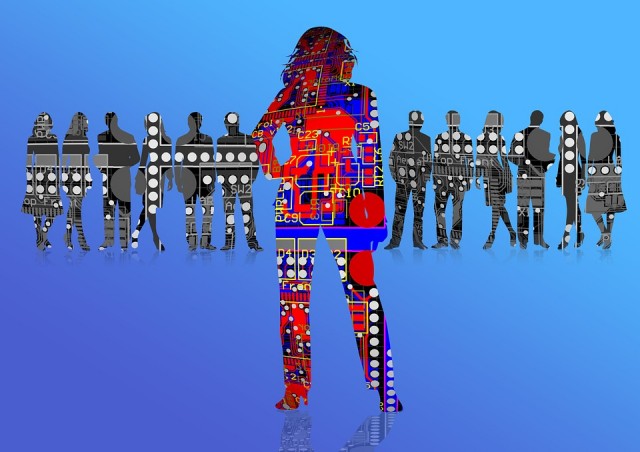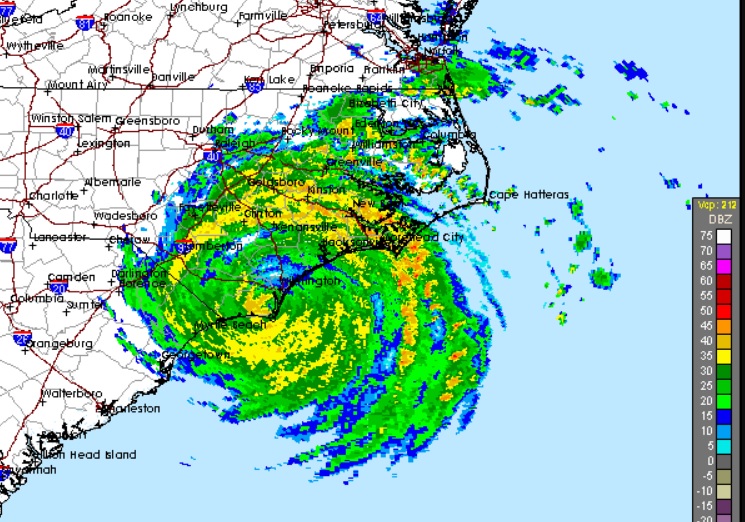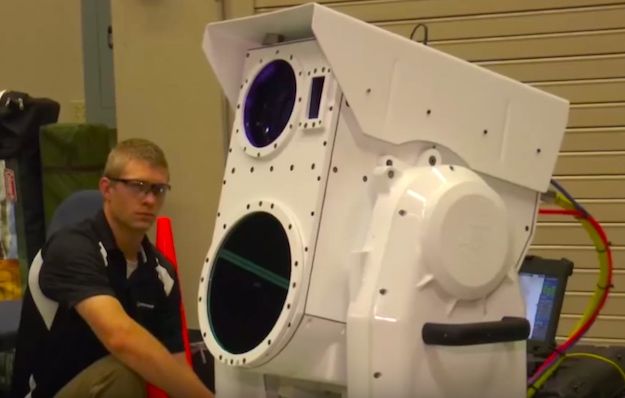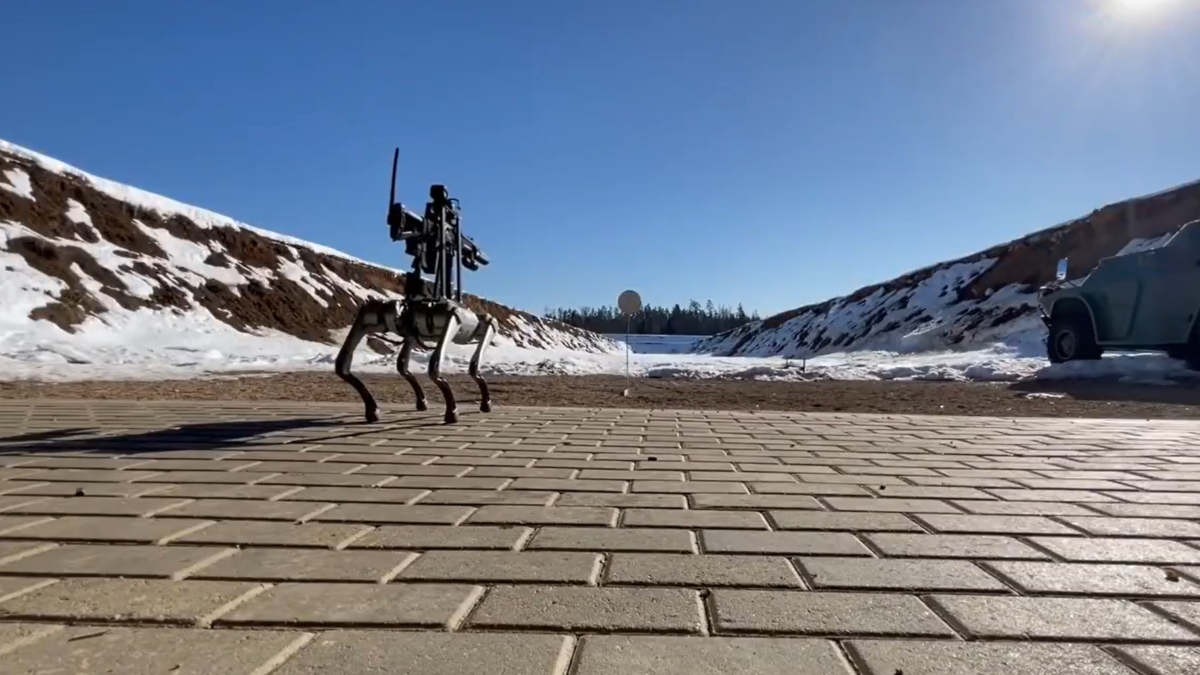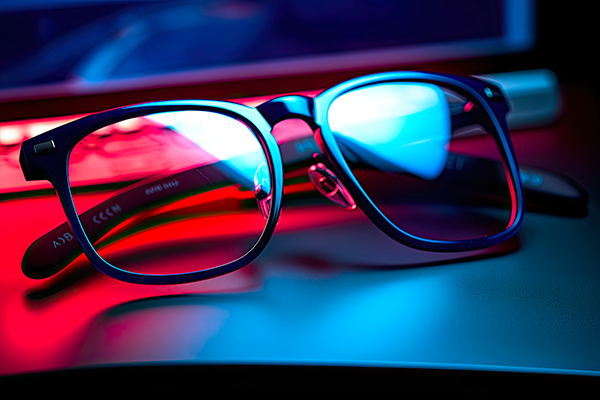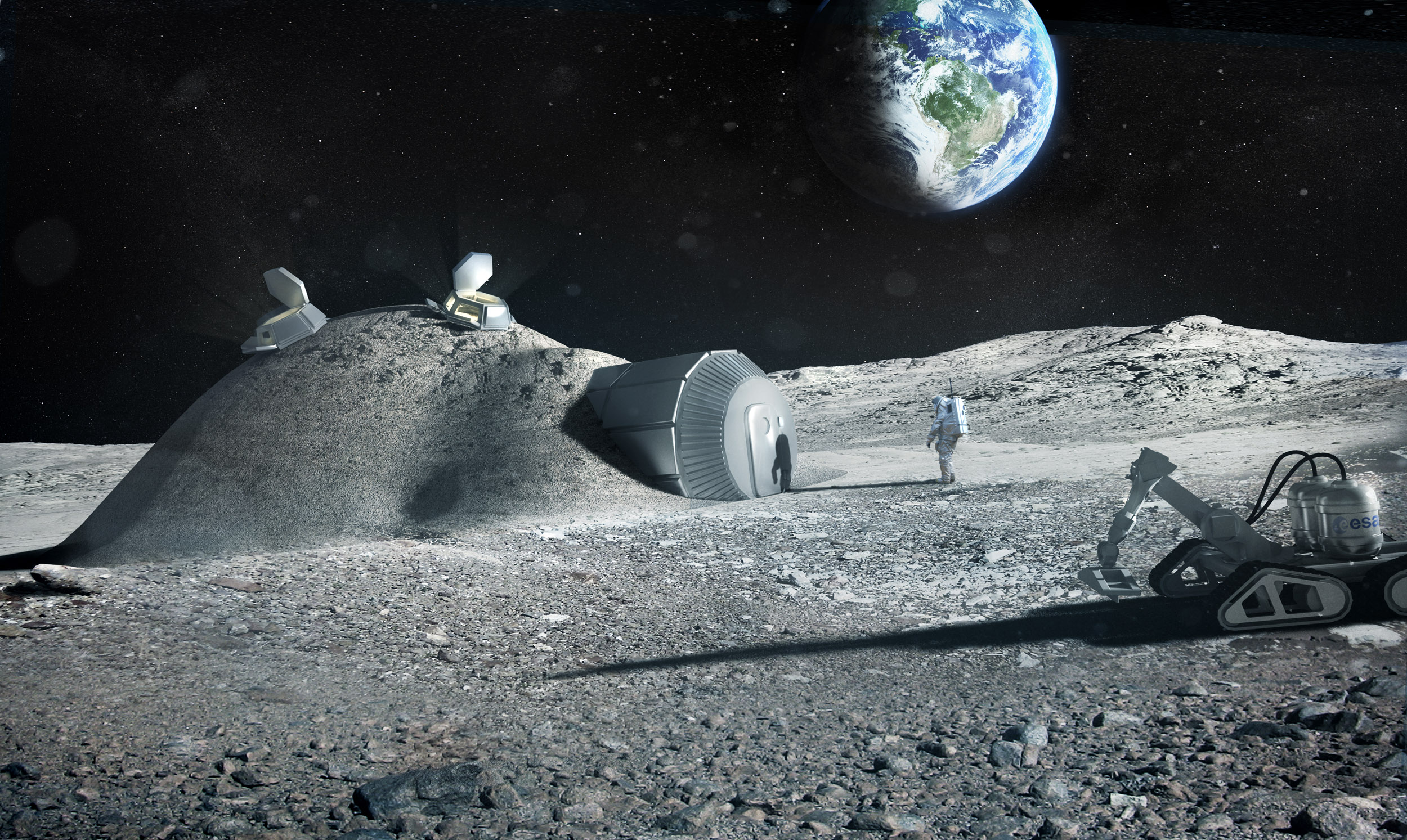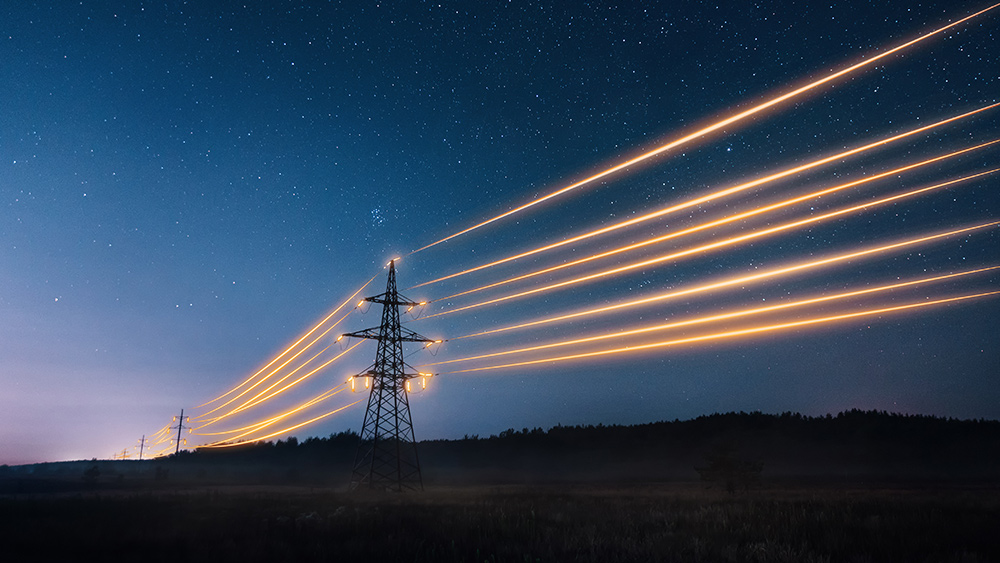Federal judge DISMISSES lawsuit filed by news outlets against OpenAI
11/22/2024 / By Ava Grace

A federal judge has thrown out a lawsuit filed by two news outlets who accused San Francisco-based OpenAI of misusing their copyrighted content to train its artificial intelligence (AI) chatbot ChatGPT.
U.S. District Judge Colleen McMahon of the U.S. District Court for the Southern District of New York dismissed the complaint filed by Raw Story and AlterNet on Nov. 7. The magistrate sided with OpenAI’s motion to dismiss the complaint in its entirety, according to the National Pulse.
McMahon argued that the plaintiffs failed to demonstrate a concrete injury required for legal standing under Article Three of the U.S. Constitution. The plaintiffs were unable to show actual harm from OpenAI’s alleged violation of the Digital Millennium Copyright Act (DMCA) by failing to provide specific instances of ChatGPT reproducing their content without acknowledgement. The likelihood of such occurrences were “remote,” she continued.
“Given the quantity of information contained in the repository, the likelihood that ChatGPT would output plagiarized content from one of plaintiffs’ articles seems remote. Plaintiffs have nowhere alleged that the information in their articles is copyrighted, nor could they do so,” McMahon explained. According to the federal judge, the plaintiffs’ true grievance appeared to be the unlicensed use of their articles without compensation rather than the removal of copyright management information (CMI).
“The decision is one of the first major legal wins for an AI company facing copyright infringement allegations from news publishers,” Newsweek wrote. (Related: OpenAI disbands team dedicated to addressing AI DANGERS.)
Plaintiffs could still appeal the case dismissal
Raw Story Media (RSM) – parent company of Raw Story and AlterNet – filed the case in February. It alleged that the company led by Sam Altman contravened Section 1202(b)(1) of the DMCA, which deals with CMI. RSM accused OpenAI of removing CMI from numerous Raw Story and AlterNet articles during the ChatGPT training process.
RSM sought damages of at least $2,500 per violation and demanded that its content be removed from OpenAI’s datasets. Meanwhile, the AI firm asserted that its use of publicly accessible data is protected under fair use rules.
“The dismissal may influence similar cases, as OpenAI and other AI firms face numerous lawsuits over the data utilized in training generative AI systems,” the Pulse reported. “These include actions from prominent publishers like the New York Times, alleging unauthorized use of articles for AI development.”
RSM CEO and founder John Byrne said at the time of the lawsuit’s filing: “It is time that news organizations fight back against Big Tech’s continued attempts to monetize other people’s work. For 20 years, Raw Story has spent millions of dollars in efforts to help Americans make important decisions about their leaders and their lives. Big Tech has decimated journalism. It’s time that publishers take a stand.”
Despite the case’s dismissal, the two news outlets still have the option of repleading. McMahon herself expressed openness to hear an amended complaint, though she was skeptical that Raw Story and AlterNet could prove that OpenAI caused a tangible injury.
Byrne confirmed that the news outlets will lodge an appeal. “We do intend to continue the case,” he said. “We’re confident that we can address the court’s concerns in an amended complaint.”
Head over to Robots.news for more stories about AI.
Watch this video about the encroachment of super AI.
This video is from The Edified Mind channel on Brighteon.com.
More related stories:
Former OpenAI employees release “A Right to Warn” document warning about advanced AI risks.
OpenAI’s custom chatbots can be forced to LEAK SECRETS.
Sources are:
Submit a correction >>
Tagged Under:
AlterNet, artificial intelligence, ChatGPT, Coleen McMahon, copyright infringement, copyright management information, Digital Millennium Copyright Act, dismissal, future tech, Journalism, language learning model, lawsuit, LLM, news outlets, OpenAI, plagiarism, Raw Story, Raw Story Media, robots
This article may contain statements that reflect the opinion of the author
RECENT NEWS & ARTICLES
COPYRIGHT © 2017 FUTURE SCIENCE NEWS





